 |
| March 12, 2020 |
Dear Reader,
As researchers race to test an experimental vaccine for COVID-19, they aren't waiting to see how well it prevents infection in animals before trying it in people, breaking from the usual protocol. Meanwhile, the U.S. government is working to contain the spread of the virus. Testing is central to these efforts. In our lead story, molecular biologist Maureen Ferran answers key questions about who should get tested, how the diagnostic kits work–and if there are enough to go around. The coronavirus pandemic has also caused an unexpected dip in global greenhouse gas emissions. Reasons include a temporary blow to industrial activities in China, falling demand for oil and a decline in air travel. Stay well, |
| | Sunya Bhutta, Senior Editor, Audience Engagement
@sunyaaa | |
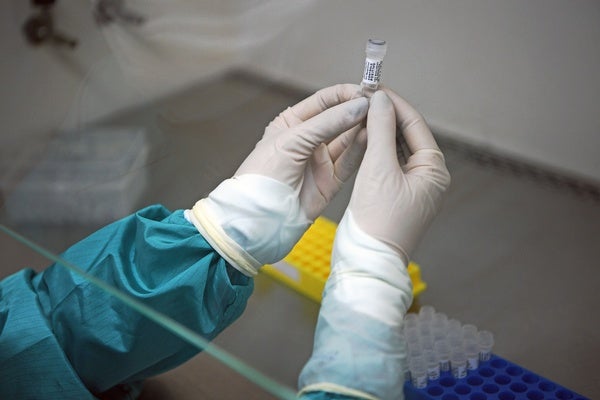 |
| |
| |
| |
| |
| |
| |
FROM THE STORE
 | | The Science Behind the Debates People say that they trust scientists, yet evidence often takes a back seat to emotions. In fact, for issues that cause the loudest public furor - like vaccine safety - there is almost no debate in the scientific community. In this eBook, we examine the science behind today's most contentious debates including gun control, GMOs and evolution, as well as strategies for understanding and coping with denialism.
*Editor's Note: This eBook was originally published as a Special Edition The eBook adaptation contains all of the articles, but some of the artwork has been removed to optimize viewing on tablet devices. |  | | |
| |
FROM THE ARCHIVE
 | | Why You Should Work from Home Ditching the office at least part-time can boost profitability and personal happiness—provided it's done right By Rachel Nuwer | September 2016 | | |
| |
LATEST ISSUES
 |
| |
| Questions? Comments?  | |
| Download the Scientific American App |
| |
| |



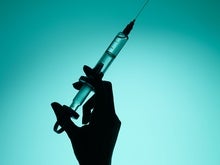
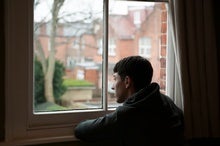


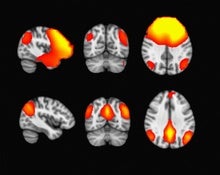
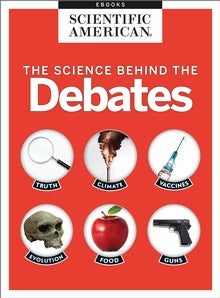


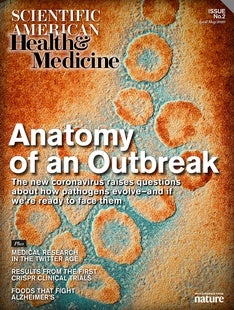

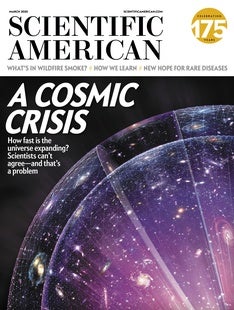
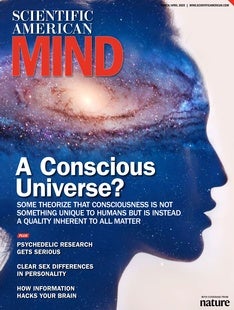
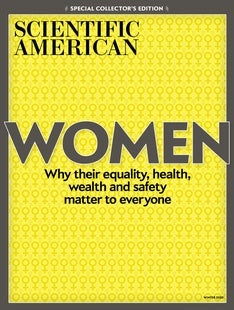



Comments
Post a Comment